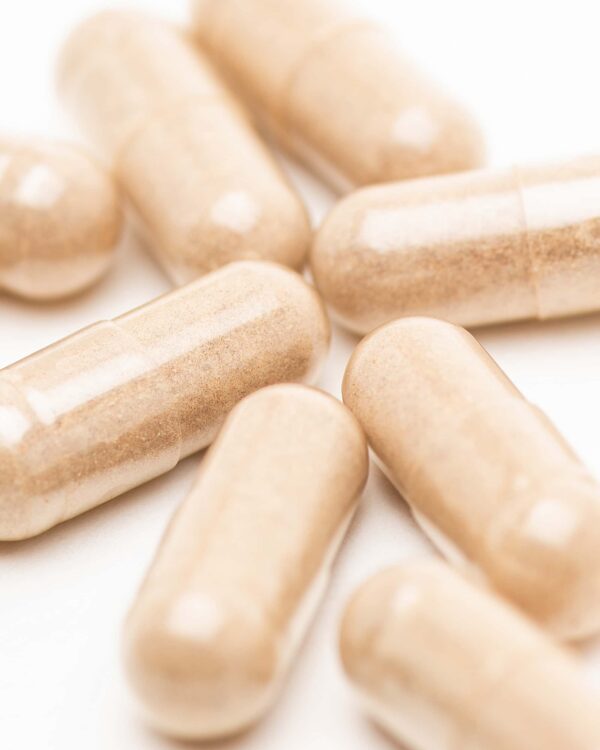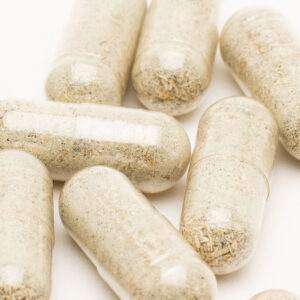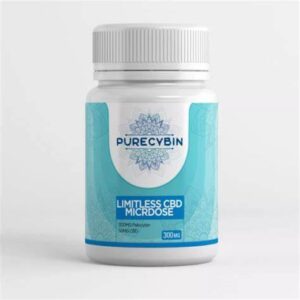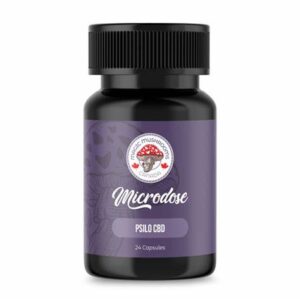Buy Nootropic Brain booster Micro Dose | Buy Nootropic Brain booster Micro Dose for sale Colorado.
Buy Nootropic Brainbooster Micro Dose .Combining Psilocybin with Bacopa Monnieri and Ginkgo Biloba we are able to create a blend that bid the users with high creativity, uplift in their mood, and a boost in energy levels. This is an especially effective combination to help those that suffer from anxiety. Buy Nootropic Brainbooster Micro Dose .
Ginkgo Biloba & Bacopa Monnieri has shown to improve brain function and well being, improve circulation (open “channels” of power within the body) providing blow flow to various parts of the body, help fight inflammation, contains powerful antioxidants.
Recommended Dose:
1 capsule every 3rd to 4th day, it is best to have a light meal before consuming.
Each capsule contains: 125MG of Organic Psilocybin With 225MG Ginkgo Biloba & Bacopa Monnieri
Every capsule we use is Vegan, Kosher.
Storage:
Keep out of reach of children & pets.
All capsules have a shelf life of 1 year if placed in a cool place away from direct sunlight.
Buy Nootropic Brain booster Micro Dose | Purchase Nootropic Brainbooster Micro Dose
Nootropics and psychedelics have profound effects on our cognition, sense of well being and creativity though little is known about their effects on the brain.
In Silicon Valley and perhaps elsewhere too, there is increasing experimentation with nootropic and psychedelic substances for cognitive enhancement, creativity and general well being. Some people swear by modafinil (Provigil) to keep them alert and. Others are trying out microdosing on psilocybin (mushrooms) or LSD as a way to stay more engaged and creative during the day. What do we know about their effects on the brain?
Modafinil
Modafinil (the branded version is Provigil) is an FDA-approved prescription drug that is indicated for narcolepsy, a sleep disorder but is increasingly being used off indication. A meta-analysis of the studies in healthy non-sleep deprived people showed that executive function (things like decision making and higher level problem solving) was consistently enhanced in all studies while only half of the studies showed improvements in attention and learning. Some studies suggest that the magnitude of the effect depends on how sleep deprived you are when you take the drug. The drug both increases levels of catecholamine (dopamine, epinephrine and adrenalin) as well fast neurotransmitters such as glutamate and GABA. Indeed, EEG studies show an increase in higher frequencies (ration of alpha+beta frequencies to delta+theta frequencies) as well as increased oscillatory activity in the fronto-temporal areas. Furthermore, there were no reported changes in mood with modafinil and the potential for addiction is thought to be very low. Contrast this with amphetamines also increases cognition but come with euphoria and addiction. That it works and has some serious effect on your brain activity is not in question. Is modafinil a wonder drug we should all be taking?
The obvious question is on side effects. The known short term side effects are minimal. However overdosing (essentially going beyond 400 mg/day, with 100 mg/day the usually prescribed dose) has been associated with nausea, vomiting and mania. Furthermore interesting medical case reports are beginning to pop up, such as this one, that describes hypersexuality in a man who increased his dosage of modafinil from 400 mg/day to 1000 or this one, that describes the onset of psychosis in one man arising from a dose of just 100 mg/day. In a couple cases when it was administered to people with dementia it increased agitation and hallucinations and there are reports of addiction. Finally, the jury is still out on the long term side effects. It may be a while before we know.
Take it or not? Leave a comment below.
Psilocybin
Psilocybin is the psychedelic substance in magic mushrooms, again thought to have minimal side effects and addictive potential. Worth talking about because of the microdosing phenomenon – taking small doses below the level of a full blown trip as a means to enhance functioning during the day. What impact does it have on cognition? Unlike modafinil, the few studies in the literature suggest that it may actually impair performance on certain cognitive tasks such as attentional tracking and slow down reaction times. On the other hand, it confers the perception of greater meaning to everyday experience and also enhances emotional empathy and has effects of alleviating depression and anxiety. Full blown trips would certainly be dysfunctional in the work place but you could imagine that, in microdoses, it could enhance the motivation for the workday as well as the functioning and outcomes of teams. Neuroimaging studies with fMRI showed a broader repertoire of dynamical states with psilocybin with suggestion that perhaps it could enhance creativity in small doses –though this would have to be studied. We could only find one EEG study with psilocybin– where intriguingly they found a correlation between the phase synchronization of delta band activity and the intensity of spiritual experience.
LSD
LSD, like psilocybin, is also a psychedelic drug but with perhaps more addictive potential and a larger repertoire of potential side effects ranging from loss of appetite, sleeplessness, dry mouth, tremors, visual changes and paranoia. On the other hand, it is also associated with greater feelings of well being, better mood and is also increasingly used in microdoses in professional communities. Yet, surprisingly little research has been done on its effects on cognition. There have also been few EEG studies on LSD since the early 1970s. These suggest some changes in interhemispheric coherence and increases in alpha oscillations which are linked to attention. A recent fMRI study, however, has shown an association with enhanced connectivity, increasing the level of communication between normally distinct brain networks, particularly in the visual cortex, which may explain the hallucinations. The most interesting finding however, was that decreased connectivity between the parahippocampus and retrosplenial cortex (RSC) correlated strongly with ratings of “ego-dissolution” suggesting that this circuitry may hold a key to understanding of the sense of self.
In microdoses, below the levels required for full blown trips, its effects may be similar to psilocybin, giving one a greater sense of well being, cooperation and harmony as well as potentially greater creativity. Surprisingly these aspects are not well studied.
The bottom line
Considering the profound effects of each of these substances, surprisingly little is known about how they alter human brain activity. Modafinil is perhaps the most studied though side effects are unknown. Psilocybin and LSD are however far more interesting in their effects on the nature of conscious experience and the self. Ultimately every molecule we ingest from amino acids to vitamins to minerals have effects on our brain function. How far should we explore the nature of our brain chemistry? Would you take them to find out?




Reviews
There are no reviews yet.